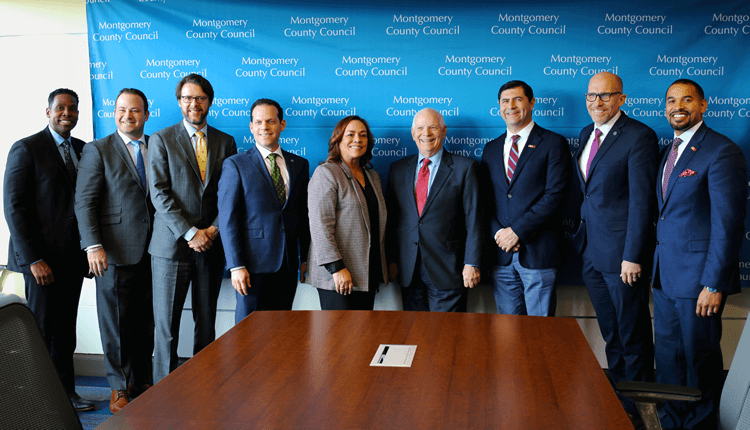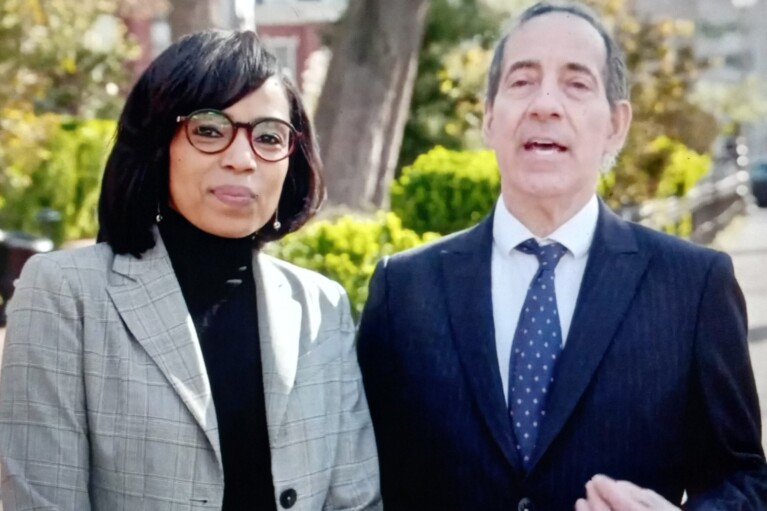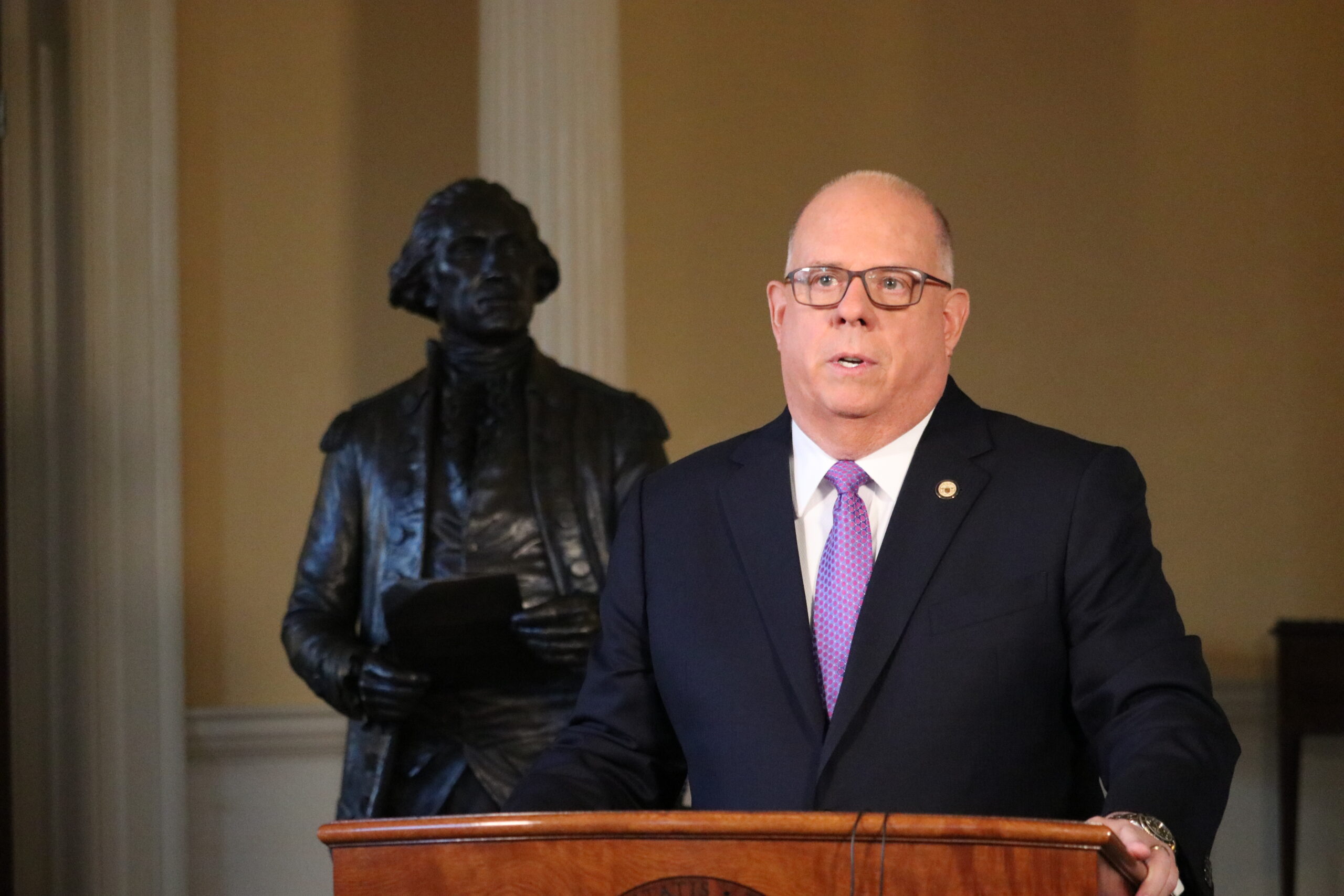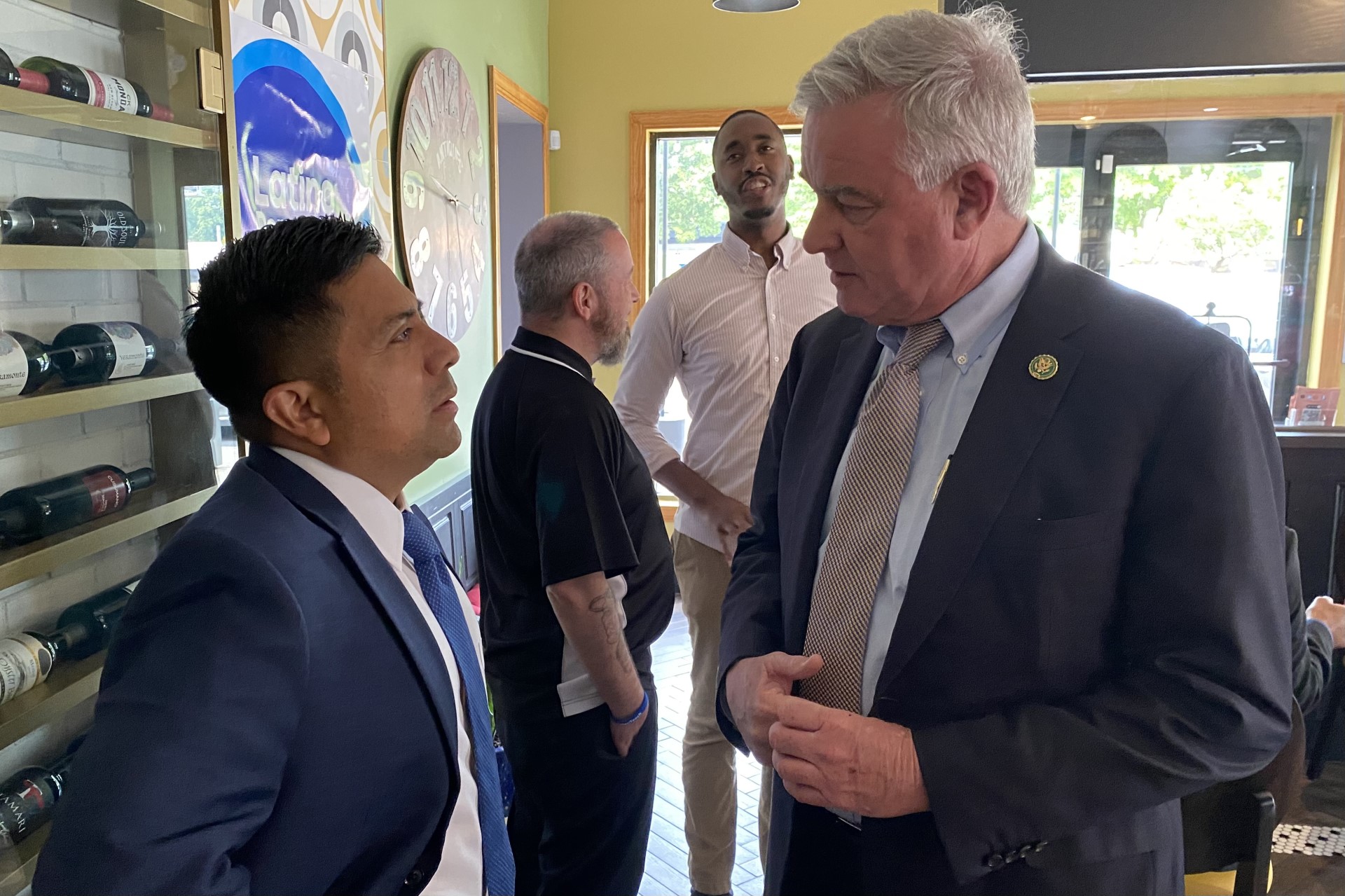Coalition of Heavyweight Insiders Launches Opposition to Montgomery County Ballot Measures

An influential and potentially well-funded bipartisan coalition intent on defeating Montgomery County ballot initiatives that would eliminate at-large County Council seats and limit real property tax increases will make its debut Monday, according to a source familiar with the plans.
The group will be co-chaired by two popular, former high-ranking county-based lawmakers with backing from a prominent county businessman, and others. A full-on effort — both on the ground and through fundraising — will be put forward to defeat ballots questions B and D on the 2020 presidential election ballot.
“The county will fundamentally change as we know it today” if the measures pass, the source, who is involved with the effort, said anonymously in advance of any announcements. The leaders of the effort will be revealed early next week.
The organizing to defeat the measures is reminiscent of elections in the 1990s and early 2000s, when a broad coalition of politicians and business, civic and labor leaders came together to defeat ballot initiatives — which were often generated by anti-tax activist Robin Ficker. But it remains to be seen how broad-based this year’s effort to squelch the ballot measures will be.
Question B, advanced to the November ballot this year by Ficker, would prevent the council from increasing real property tax revenues above the rate of inflation, excluding new home construction.
Question D, petitioned by the group Nine Districts for MOCO, would create nine councilmanic districts in Montgomery and eliminate the county’s four at-large seats.
Currently, the council is made up of four at-large and five district seats. At-large councilmembers, who are elected countywide, are Gabriel Albornoz, Evan Glass, William L. Jawando and Hans Riemer. District members are Andrew Friedson (Dist. 1, covering Chevy Chase, Bethesda and Potomac), Craig Rice (Dist. 2, Upcounty), Council President Sidney Katz (Dist. 3, Gaithersburg and Rockville), Nancy Navarro (Dist. 4, East County) and Council Vice President Tom Hucker (Dist. 5, Silver Spring and Takoma Park). All are Democrats.
The organization seeking to maintain the status quo is preliminarily calling its efforts, “Just Say No.”
A primary focus of the group is preserving the county’s current council structure and protecting county revenues during a potential fiscal crisis caused by the COVID-19 epidemic.
“You will go from five [representatives on the council] to one if you have nine districts,” said one person involved in the effort. “Our county is going to be like nine civic associations. In this time of pandemic, things are very different. There aren’t going to be big forums where people will come together. We have to be united.”
Advocates for Questions B and D disagree.
“The Democratic Party has a lock on nine votes to do anything they want,” said Ficker, a Republican and a lawyer who has run unsuccessfully for public office multiple times, after serving a term in the House of Delegates from 1979 to 1983. “They just gave us a 9% increase in property tax revenue and they want to do it again because they can’t control spending because they are not bringing in any new jobs.”
Kimblyn Persaud, a registered Democrat and resident of Wheaton, who is the chair of the Nine Districts movement, said residents have lost their voices partly because of the philosophical continuity of the council’s four at-large council members.
The group is calling for equal representation.
Five of the nine Montgomery County Council members reside in the southeastern-most part of the county in Silver Spring and Takoma Park.
“We don’t have a seat at the table,” Persaud said. “People in Montgomery County are not being heard. And they’re still not getting it.”
She said Nine Districts is supported by the Montgomery County Civic Federation, the Greater Olney Civic Association and members of the public, ranging from “extreme liberals to extreme conservatives.”
While it casts itself as a grass-roots organization, Nine Districts is getting some high-powered fundraising help. The blog Seventh State reported last month that the group’s potent hodgepodge of big funders include area developers and labor unions.
This group is seeking to recast the County Council into individual districts at a time when a neighboring jurisdiction, Prince George’s County, moved in the opposite direction. After having nine individual council districts for decades, Prince George’s voters approved adding two at-large council seats, bringing the total to 11. The new alignment took effect in time for the 2018 elections.
On Aug. 3, the Montgomery County Board of Elections approved enough petition signatures collected by Nine Districts for its amendment to appear on the November ballot.
One day later, on Aug. 4, the County Council by a vote of 8-to-1 passed a resolution creating its own ballot measure — to change the number of council seats from nine to 11 by keeping all the at-large seats and adding two additional district seats.
“The Democratic machine wants to make this appear as a representative effort,” Persaud said of the council’s resolution. “It’s not. They suspended the rules of order, they didn’t have a public hearing. We didn’t know anything about this until the fourth [of August].”
Ficker, who has succeeded in getting five ballot initiatives passed by the voters over the past two decades, said if both of the county council restructuring ballot measures — Question C and Question D — pass with a simple majority, which is feasible, the decision will likely end up in court.
An attorney for the Montgomery County Board of Elections said that is because there is legal guidance supporting the negation of both measures if both pass.
“[The] Maryland Court of Appeals and Maryland Court of Special Appeals have never addressed the issue,” the attorney, Kevin Karpinski, wrote in an email. “However, there are two opinions from the Office of the Attorney General on the issue. In both cases, it was the opinion of the Office of the Attorney General that if both questions pass, neither amendment takes effect unless the amendments can be reconciled. In other words, if it is impossible to effectuate the intent of both questions, neither amendment takes effect.”
Glynis Kazanjian is a freelance writer. She can be reached at [email protected].



 Creative Commons Attribution
Creative Commons Attribution